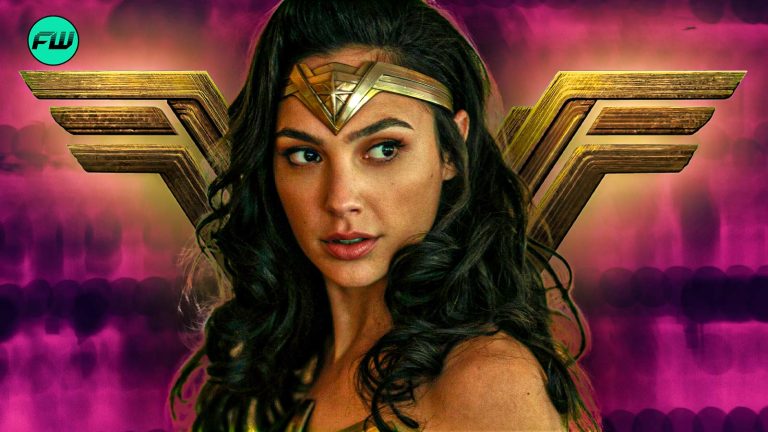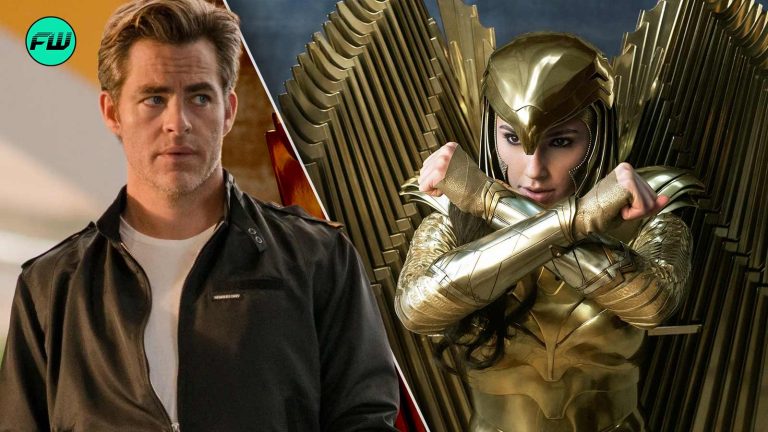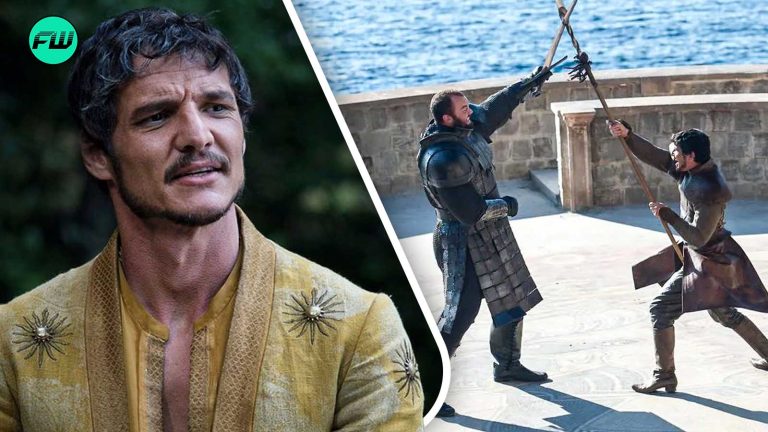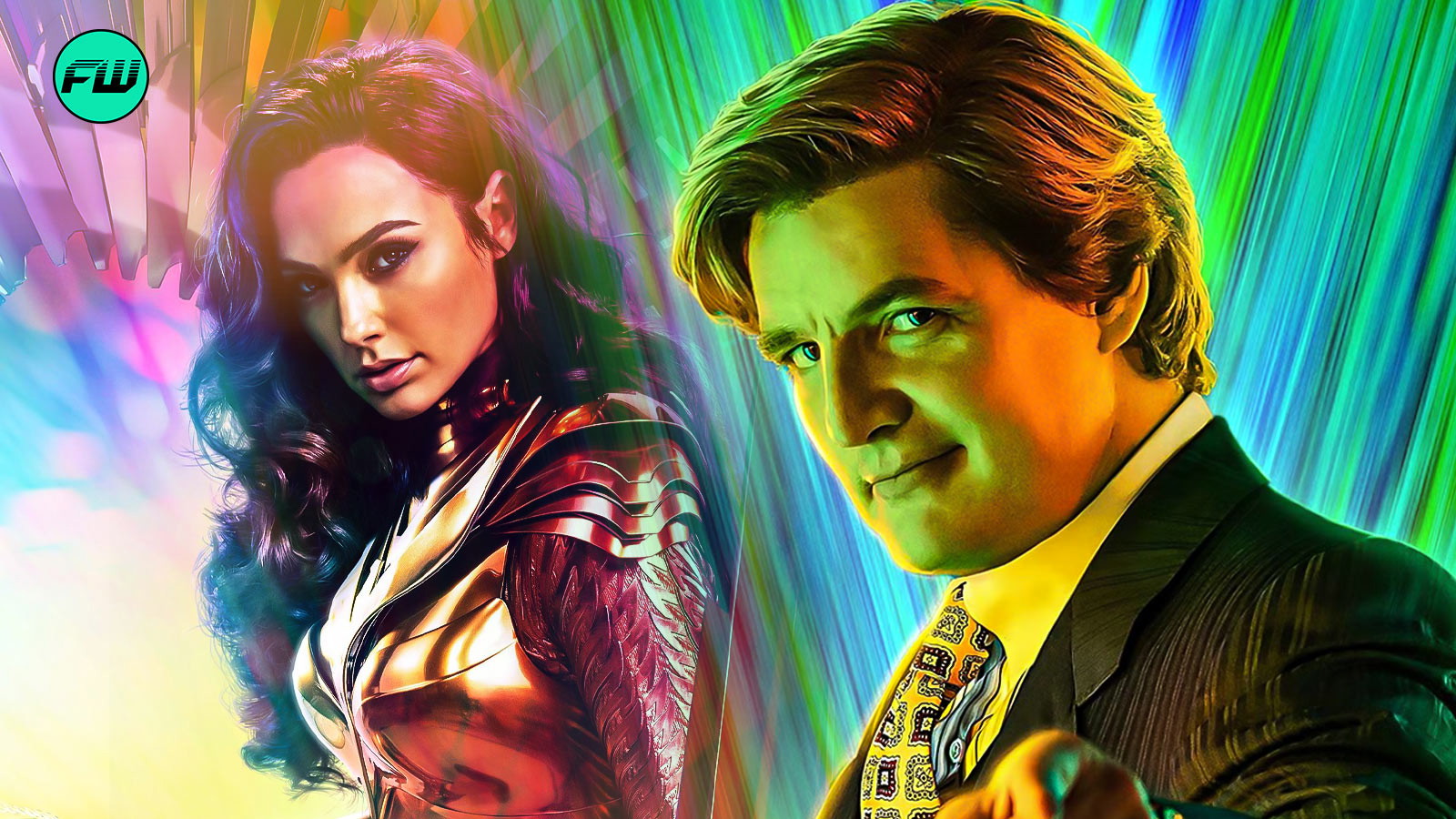
Let’s be honest, folks – Wonder Woman 1984 didn’t exactly set the world on fire when it dropped during the height of the pandemic. Remember those days of watching blockbusters on your couch instead of in theaters? Yeah, that’s not what Warner Bros. had in mind for their superhero sequel. But hang on a second – there’s something about this movie that we really need to talk about: Pedro Pascal as Maxwell Lord.
Before he was protecting Grogu in The Mandalorian or surviving the apocalypse in The Last of Us, Pascal was eating up scenes as this desperate, charismatic villain. And you know what? We didn’t give him nearly enough credit at the time.
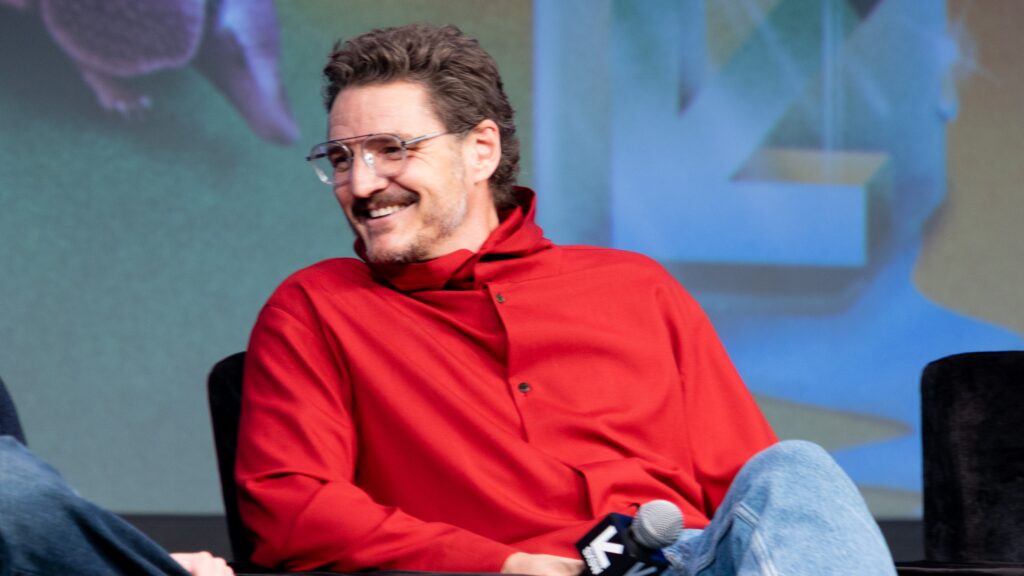
The guy absolutely went for it in every scene! With all the discourse about the film’s other elements, Pascal’s committed performance kind of got lost in the shuffle. So grab your popcorn – we’re diving into why his Maxwell Lord deserves way more love than he got.
From comic book villain to compelling character study
If you’re a comics fan, you probably know Maxwell Lord as that cold, calculating businessman with telepathic powers who manipulates the Justice League from the inside. But Patty Jenkins and her team threw that playbook out the window for Wonder Woman 1984, and thank goodness they did! Instead, we got this fascinating failing oil entrepreneur who’s absolutely desperate for a win.
Pedro Pascal‘s Lord isn’t some silver-spoon guy born into the lap of luxury like his comic book version. Nope, he’s a struggling immigrant who changed his name, made up this whole success story, and is constantly chasing that next validation hit.
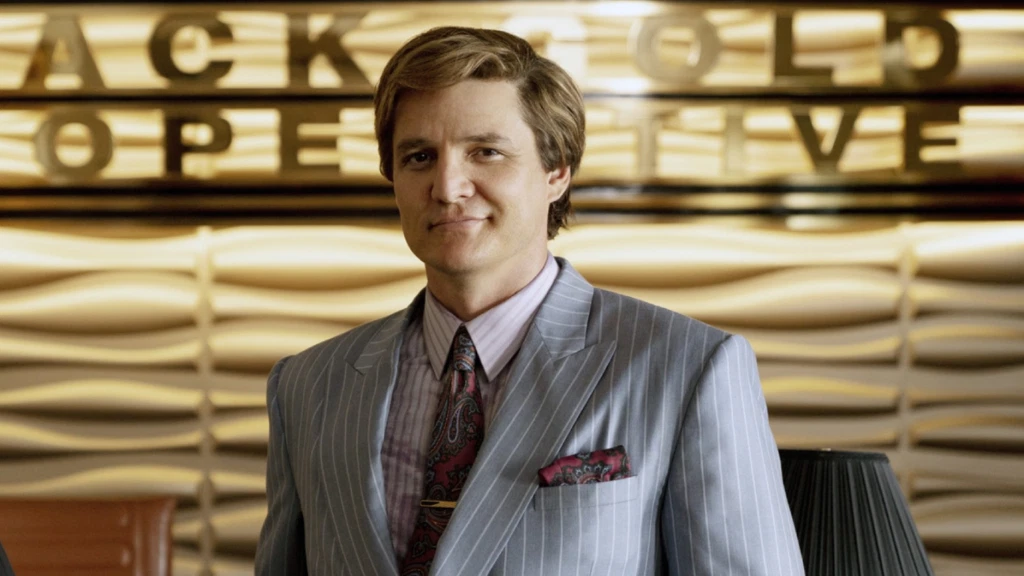
Remember that infomercial catchphrase he keeps repeating?
Life is good, but it can be better.
Talk about laying bare his whole character flaw! The dude literally cannot be happy with what he has.
This fresh take gave Pascal so much more to work with than your typical mustache-twirling villain. He shows us a man who’s not just greedy but deeply insecure and desperate to be somebody his son can look up to.
What really sells it is how Pascal makes you feel conflicted. You know he’s the bad guy, but part of you can’t help but relate to that desire to be seen as successful, to matter. That’s what elevates him beyond the typical superhero movie villain – you understand him, even if you don’t agree with his methods.
The physical transformation that deserved more recognition
Can we talk about Pascal’s physical transformation for a minute? It’s seriously impressive and doesn’t get nearly enough credit. This is the same guy who spent most of The Mandalorian hidden behind a helmet, and suddenly, he’s this flamboyant, over-the-top ’80s businessman who never stops moving. The contrast is wild!
Look at the details – that perfectly coiffed blonde hair that’s just slightly too perfect, those ridiculously bright power suits that scream, “I’m successful, I swear!” Everything about his appearance is crafted to sell this illusion of success that’s crumbling beneath the surface. Pascal understood the assignment and ran with it.
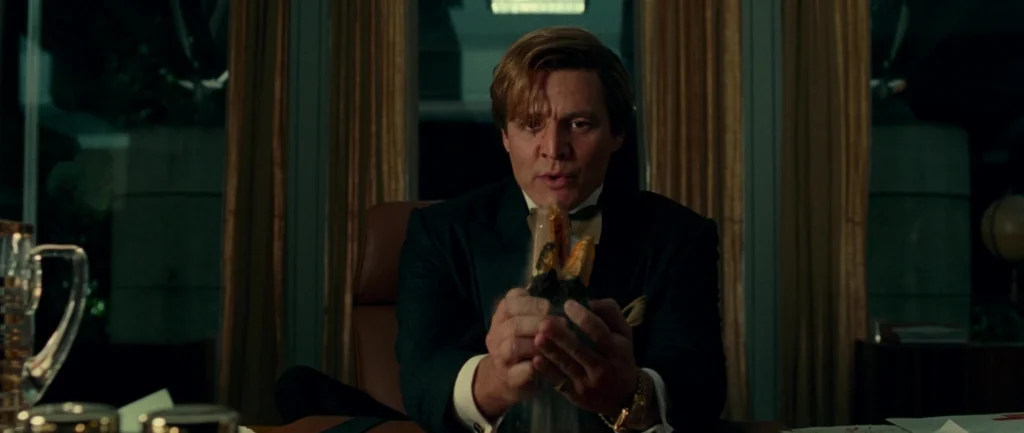
But what’s really amazing is his physical acting. The guy is a bundle of nervous energy – always fidgeting, gesturing, pacing. His face is constantly shifting between fake confidence and genuine panic. Have you ever tried to watch his eyes throughout the movie? They tell a whole different story than his words do. In an interview with Sky Cinema, he confessed:
He’s [Maxwell Lord] Gordon Gekko without the polish.
As Lord absorbs more wishes and the power starts consuming him, Pascal’s performance gets more and more unhinged. He’s sweating, bleeding, and physically falling apart right before our eyes. It especially hurts when Maxwell is in the same room as his son, where we see the deterioration through Alistair.
By the time we reach the finale, Pascal is giving us something truly raw. His body is breaking down, but it’s his emotional state that’s truly shattered. That moment when he realizes what his ambition has cost him? Pure acting gold. His physical deterioration works perfectly as a visual metaphor for how unchecked greed hollows you out from the inside. It’s not subtle, maybe, but Pascal makes it work through sheer commitment.
A villain for our times
Here’s what makes Pascal’s Maxwell Lord so fascinating – he’s simultaneously a perfect ’80s villain and a totally relevant character for today. He’s Gordon Gekko’s “greed is good” philosophy in human form, but don’t you think he’d fit right in with today’s influencer culture, too? The guy is essentially selling a lifestyle he doesn’t actually have!
Lord’s whole arc is basically a super-powered cautionary tale about never being satisfied with what you have. And honestly, in our era of Instagram envy and TikTok “perfect lives,” that hits differently than it might have even ten years ago.
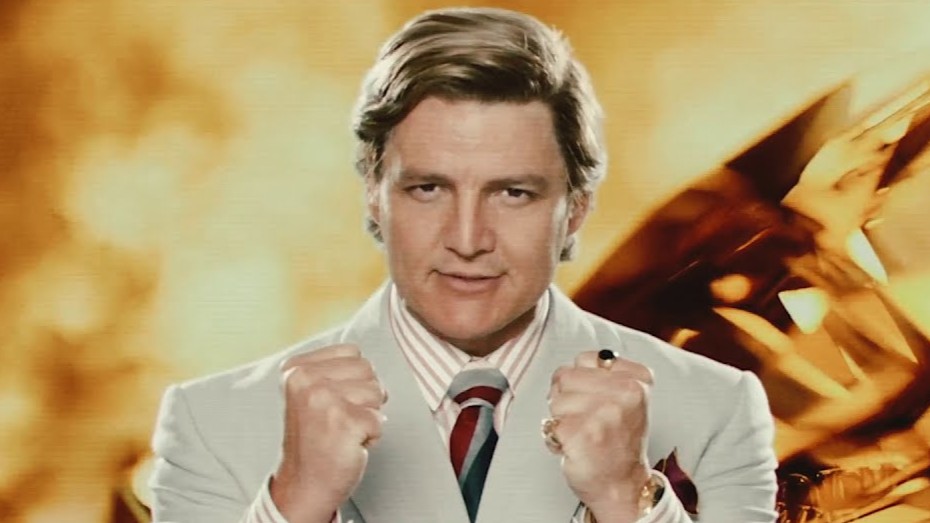
We’re constantly bombarded with messages that we need more, better, faster, prettier – sound familiar? That’s literally Lord’s whole sales pitch: “Life is good, but it can be better.” And what’s wild is how Pascal makes you feel the emptiness behind that promise.
And that’s the secret sauce of his performance – Lord is simultaneously detestable and deeply relatable (which is also why he somehow always seems unsettling). We’ve all felt that pull of wanting more, of thinking the next achievement will finally make us happy.
Pascal doesn’t judge the character; he humanizes him. By the time we reach that final scene where he runs up to his son, you’re genuinely moved, especially due to the exchange they have:
Maxwell: I’ve been lying to you. I’m a pretty messed up loser guy. You don’t ever have to make a wish for me to love you.
Alistair: I already love you, Daddy. Because you’re my dad.
Pascal plays that moment of redemption with such authentic emotion that you almost forget all the terrible things Lord did. That’s no small feat for a superhero movie villain!
Conclusion: A performance worth revisiting
Look, we can all agree that Wonder Woman 1984 didn’t quite capture the magic of the first film. But Pascal’s Maxwell Lord? That performance deserves a standing ovation. In a genre that often gives us villains who are just there to get punched, Pascal delivered something with actual depth – a complex character study about ambition, insecurity, and, yes, even redemption.
Now that Pascal has become a household name through The Last of Us and, most recently, Gladiator II, it’s the perfect time to go back and appreciate what he was doing in this role.
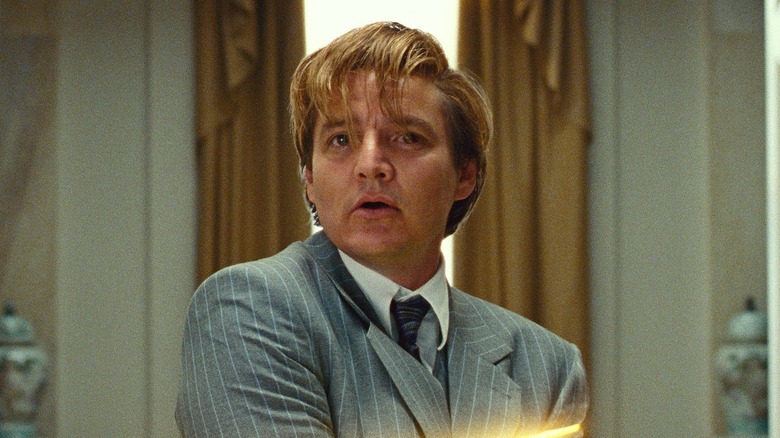
This wasn’t just a paycheck gig for him – the guy was laying the groundwork that showed exactly the kind of versatile, committed actor he would become known as.
In a sea of forgettable superhero villains who simply want to destroy the world, Pascal’s Lord stands out because he’s not only a product of the ’80s setting but also a mirror reflecting our own worst impulses back at us.
He’s the dark side of the American Dream – the belief that success, wealth, and power will finally fill that emptiness inside.
Next time you’re scrolling through HBO Max wondering what to watch, give Wonder Woman 1984 another shot – not for the whole movie necessarily, but for Pascal’s performance.
Pay attention to how much he’s doing in every scene and how he balances larger-than-life villainous energy with genuine human fragility. It’s a masterclass in character work that deserves way more love than it got. Trust us, you’ll see why this performance sticks with you long after the credits roll.
This post belongs to FandomWire and first appeared on FandomWire
